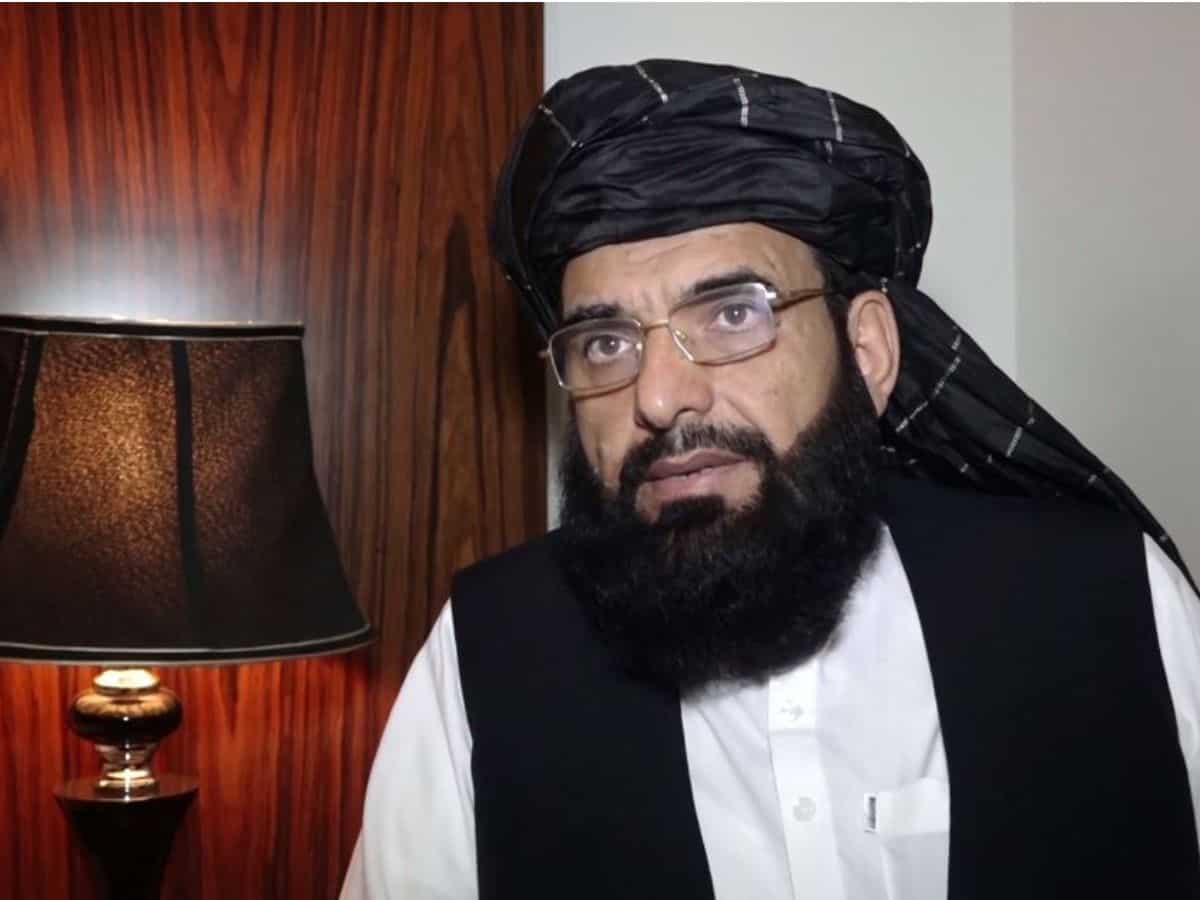
After the Indian government notified the rules for the implementation of the contentious Citizenship Amendment Act (CAA) in India, Taliban spokesperson Suhail Shaheen criticised the law, saying it should be for all irrespective of religion. He also denied that there was any persecution of minorities in Afghanistan.
The CAA was originally passed in 2019 to accelerate the process of granting citizenship to non-Muslim people who were purportedly fleeing prosecution from Pakistan, Bangladesh, and Afghanistan. The law was followed by protests amid anti-immigrant sentiments. It was also criticized for being exclusive as it violated the secular principles preserved in the Indian constitution.
It is being reported that the cut-off date for refugees to arrive in India to qualify under the CAA is December 31, 2014.
In an statement issued to The Wire, Shaheen, who is also the Taliban’s Permanent Representative to the United Nations, said, “CAA should apply to all who are persecuted in their countries, whether they are Muslims, Hindus, or Sikhs.”
At the same time, he claimed that there was no persecution of Sikhs and Hindus was taking place in Taliban-ruled Afghanistan. “I would like to say that minorities like Sikh Hindus are not persecuted in Afghanistan; they have freedom of performing their rituals and have the same right in the sight of the law as I have,” he said.
He further hoped for equal treatment of Indian Muslims, saying, “I hope minorities in India (Muslims) are not persecuted as Hindus and Sikhs are not persecuted in Afghanistan.”
Law premised on false assumptions: Pakistan
In its first reaction to the implementation of the Citizenship Amendment Act (CAA) in India, Pakistan’s foreign office on Thursday, March 14, criticised the law for differentiating among people based on their religion.
During a weekly media briefing, Pakistan foreign office spokesperson Mumtaz Zahra Baloch said, “The regulation and laws are premised on a false assumption that minorities are being persecuted in Muslim countries of the region and to provide India with a facade of being a haven for them.”
She claimed that the rising wave of Hindutva under Prime Minister Narendra Modi’s Bhartiya Janata Party (BJP) government had led to political, economic, and social victimization of Muslims and other minorities.
The international community had taken notice of these developments a few days ago, she said while asking the Indian administration to take corrective actions to protect human rights and prevent attacks against minorities in the lead-up to India’s national elections.
There are concerns that the law can be used in tandem with a proposed national register of citizens to persecute the country’s 200 million Muslims.
